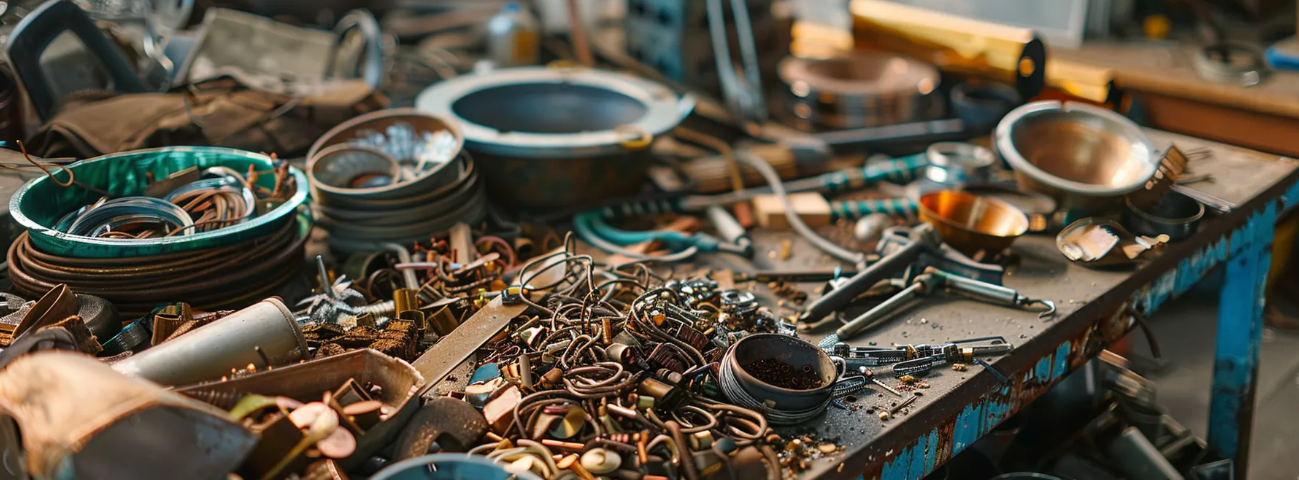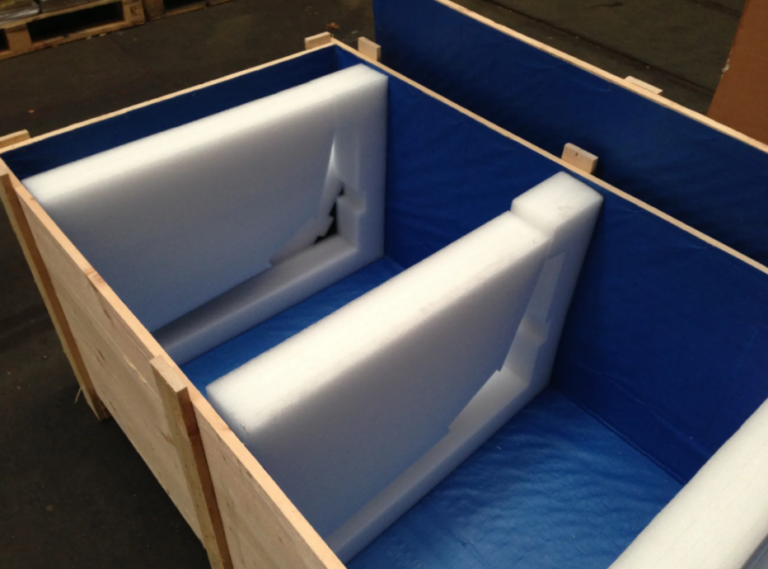Unlocking Profit: The Ultimate Guide To Metal Recycling for Cash
Turning scrap metal into cash isn’t just good for the environment; it can also be a lucrative venture for individuals looking to make a little extra money. Understanding the ins and outs of metal recycling is essential for anyone hoping to take advantage of this opportunity. Whether you’re a seasoned scrapper or a newcomer to the trade, this guide will help you navigate the complexities of the market and maximize your profits. Below, we’ll cover the key aspects of metal recycling, from identifying valuable materials to staying ahead of market trends.
Understanding the Basics of Metal Recycling for Cash
Embarking on the journey of metal recycling begins with grasping the fundamental concepts. Metals are divided into two primary categories: ferrous, which contains iron, and non-ferrous, which does not. Common ferrous metals include steel and iron, which are often less valuable but still important recyclables. Non-ferrous metals, such as aluminum, copper, and brass, tend to yield higher payouts due to their broader range of applications and scarcity.
Payouts for recycled metal can vary significantly from one recycling center to another. Hence, conducting research and finding centers that offer competitive rates, such as this metal recycling Livonia facility, can make a considerable difference in your returns. Additionally, some centers might have specific preparation requirements for the scrap, which could affect the price they’re willing to pay.
Identifying the Most Valuable Metals for Recycling
A key tip for successful metal recycling for cash is to identify and separate the most valuable metals. Copper is a top contender due to its use in electrical wiring and plumbing materials. Its distinct reddish hue makes it easy to recognize and a favorite among recyclers for its high value. Brass, often found in fixtures and fittings, also garners a handsome payout.
Aluminum may not fetch the same high prices as copper or brass, but its abundance in products like cans, siding, and gutters makes it a steady earner. Stainless steel, categorized as both ferrous and non-ferrous due to its non-magnetic properties and higher content of nickel and chromium, is another recyclable metal that can offer notable returns.
Be mindful that the condition of the metal can impact its value. Metals that are free of corrosion, insulation, and any contaminants are typically valued higher as they require less processing. Scrappers should invest time in cleaning and preparing their metals to ensure they receive top dollar.
See also: 6 Industries Using Business Voicemail Transcription
Navigating Local Scrap Yard Policies for Maximum Profit

Local scrap yards are pivotal in the metal recycling process, as they act as the collection and payout points for scrappers. However, policies at these yards can vary widely. Some may require metals to be stripped of insulation or other materials, while others might buy entire components as-is. Understanding these requirements is essential in ensuring the metal you collect is ready for sale and will fetch the best price.
Some scrap yards operate on a cash-for-scrap basis, but others may offer check or bank transfer payments for larger amounts of metal. Staying informed about the payment methods and the documentation required, such as photo ID, can streamline your transactions
Traveling slightly further afield may be beneficial if a particular scrap yard offers substantially better rates or has less stringent policies. While this may incur additional costs in terms of time and transportation, the increased profit margins can make it a worthwhile endeavor for the savvy scrapper.
Best Practices for Collecting and Sorting Scrap Metal
Efficient collection and sorting of scrap metal are crucial for maximizing earnings in metal recycling. Designating separate containers for different types of metals can save you time and effort when it comes to selling your haul. Always remember that cleaner and more organized scrap will likely fetch a higher price at the yard.
Wearing the appropriate safety gear is essential when handling scrap metal. Gloves, eye protection, and sturdy footwear can prevent injuries from sharp edges or heavy materials. Additionally, tools such as magnets for ferrous metal identification and wire strippers for removing insulation can be invaluable assets in your scrapping toolkit.
Transport is another consideration when dealing with scrap metal. Having reliable transportation can make the process of collecting and delivering metal to recycling centers much easier. For larger loads, consider renting a truck or trailer to ensure you can transport your metal efficiently and safely.
By understanding the basics, identifying valuable metals, navigating scrap yard policies, adopting best sorting practices, and staying informed about market trends, you can ensure that you’re getting the most out of every pound of metal. This guide aims to empower individuals with the tools and information necessary to turn recycling into a rewarding financial endeavor.






